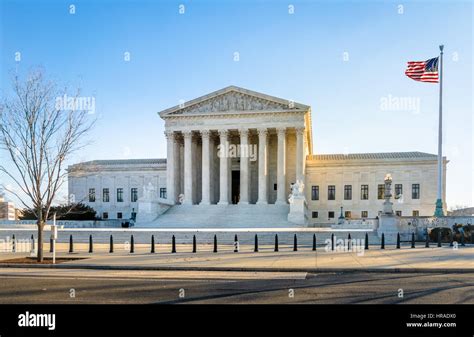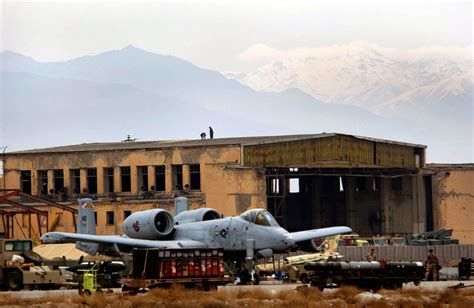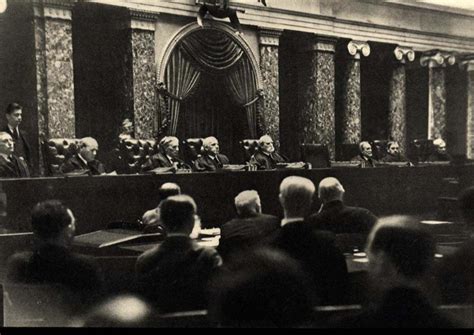
Supreme Court Weighs War Zone Contractor Liability
Supreme Court to Decide if Contractors Can Be Sued for Wartime Negligence
The U.S. Supreme Court recently heard arguments in Hencely v. Fluor Corporation, a landmark case questioning whether military contractors can be held liable for negligence in active war zones. The case stems from a 2016 suicide bombing at Bagram Air Base in Afghanistan that killed five people, including three U.S. soldiers and two Fluor employees.

The Bagram Attack and Lawsuit
The incident involved Afghan national Ahmad Nayeb, a Fluor employee who used tools and materials from his workplace to construct a bomb. After failing to board his scheduled bus, Nayeb walked to a staging area for a Veterans Day 5K race and detonated the device, injuring 17 others, including former Army Spec. Winston Hencely. U.S. military investigators concluded that Fluor's negligence—including failure to properly supervise Nayeb and secure base tools—directly contributed to the attack.
Hencely and other victims sued Fluor under state law for negligence, arguing the company violated its federal contract by failing to follow base security protocols. Fluor, however, invoked immunity protections established in the 1988 Supreme Court case Boyle v. United Technologies Corp., which shields contractors from liability when they comply with government-mandated specifications.
Key Legal Arguments
During oral arguments on November 3, 2025, attorneys for both sides presented contrasting views on the scope of contractor immunity:
"Fluor violated what the military wanted it to do," said Hencely's attorney, Frank Chang. "Congress has not barred claims by American soldiers injured by contractor negligence."
Fluor countered that applying state law to combat operations would create "legal uncertainty" and hinder military efficiency, potentially encouraging contractors to prioritize self-preservation over cooperation during emergencies.
Justice Perspectives
The Court appeared divided on the issue:
- Justices Elena Kagan and Sonia Sotomayor emphasized that Boyle immunity only applies when contractors follow government instructions—not when they violate policies as in this case.
- Justice Neil Gorsuch pointed to military regulations suggesting contractors could be held liable unless the military exerted "specific control" over their actions.
- Justice Brett Kavanaugh argued that "uniquely federal interests" in war zones should preempt state law liability entirely.

Broader Implications
The ruling could reshape accountability for the hundreds of thousands of private contractors supporting U.S. military operations globally. Similar lawsuits over burn pit exposure and electrocutions have previously been dismissed due to immunity claims. Military veterans' advocates warn that unrestricted immunity incentivizes negligence, while defense contractors argue litigation could disrupt critical wartime logistics.
A decision is expected by early 2026. Legal experts predict a majority of justices will reject blanket immunity, potentially establishing a federal common law standard for contractor liability in combat zones.
Share this article
Michael Chen
Business and finance reporter specializing in market analysis, startups, and economic trends. MBA from Harvard Business School.